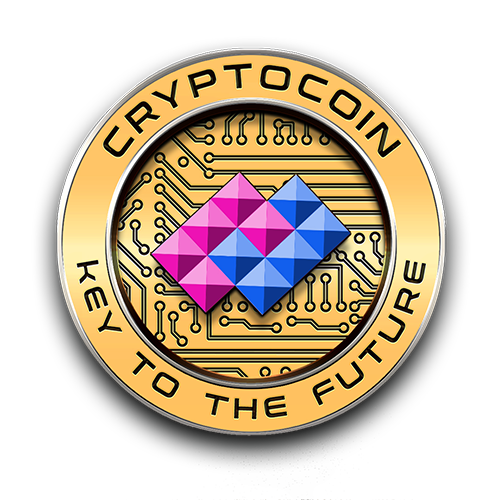While a traditional stock is a legal claim backed up by regulators and governments, then, the tokens sold in an ICO are deeply embedded in the blockchain software their sale helps create. Knowledgeable tech investors are excited by this because, along with the open-source nature of much of the software, it means that ICO-funded projects can, like Bitcoin itself, outlast any single founder or legal entity. In a 2016 blog post, Joel Monegro, of the venture capital fund Union Square Ventures, compared owning a blockchain-based asset to owning a piece of digital infrastructure as fundamental as the internet’s TCP/IP protocol.
Almost all groups launching ICOs reiterate some version of this idea to potential buyers, in part as a kind of incantation to ward off financial regulators. The thinking is that, if they are selling part of a platform, rather than stakes in any company, they’re not subject to oversight by bodies like the U.S. Securities and Exchange Commission. But in practice, ICOs are constantly traded across a variety of online marketplaces as buyers breathlessly track their fluctuating prices. In this light, they look an awful lot like speculative investments.
Buyer expectations may matter more to regulators than technical hair-splitting. Todd Kornfeld, a securities specialist at the law firm Pepper Hamilton, finds precedent in the landmark 1946 case SEC v. W.J. Howey Co. Howey, a Florida orange-growing operation, was selling grove plots and accompanying “service contracts” that paid faraway landowners based on the orange harvest’s success. When the SEC closed in, Howey argued they were selling real estate and services, not a security. But the Supreme Court ultimately disagreed, establishing what’s known as the Howey test: In essence, if you give someone else money in the hope that their activities will generate a profit on your behalf, you’ve just bought a security, no matter what the seller calls it.
Knowledgeable observers tend to agree that some form of regulation is inevitable, and that the term ICO itself—so intentionally close to IPO—is a reckless red flag waved in the SEC’s face. The SEC declined to comment on any prospective moves to regulate ICOs, but the Ontario Securities Commission has issued an advisory that “assets that are tracked and traded as part of a distributed ledger may be securities, even if they do not represent shares of a company or ownership of an entity.” According to Kornfeld, even those who believe they are conducting ICOs in complete good faith could face serious repercussions when regulators do act, especially if prosecutors think they’ve made misleading statements. “If [prosecutors] think that you’re really bad,” he says. “They can say, hey, you deserve 20 years in jail.”
While it’s easy to see the lie in OneCoin’s fictional blockchain, entirely sincere claims about such a nascent sector still can strain the limits of mere optimism. Many experts, for instance, believe that Gnosis’s use of the blockchain to aggregate data could become a widespread backbone technology for managing complex systems from traffic to financial markets. But the $12.5 million worth of GNO sold in the Gnosis ICO represented only 5 percent of the tokens created for the project, implying a total market value of nearly $300 million. Most tech startups at similar stages are valued at under $5 million.That astronomical early valuation alone could become bait for an aggressive regulator. Many founders of legitimate blockchain projects have chosen to remain anonymous because of this fear, in turn creating more opportunities for scams.










